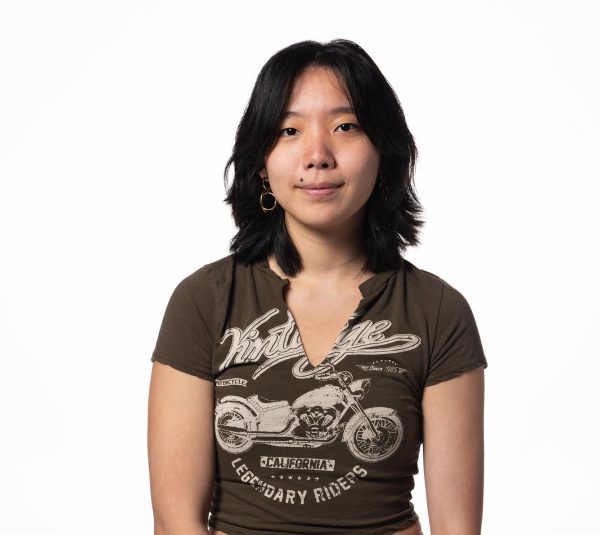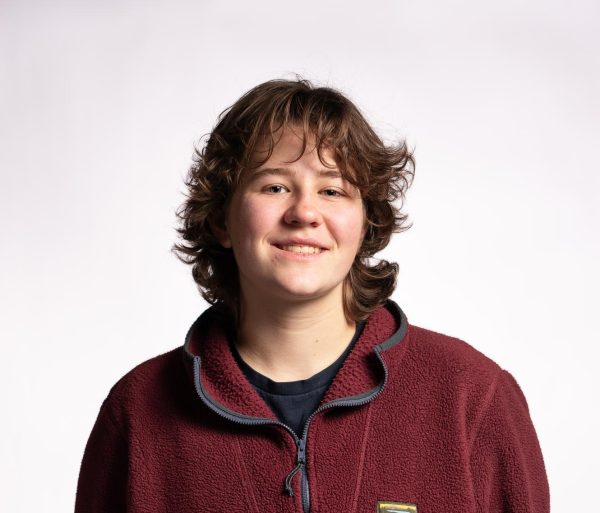A starkly lit stage stands out against a backdrop of shadows, draped in red and gold in a dimly lit theater. All eyes are set on a bright-eyed little girl, her chin raised high and smile stubbornly wide as she beams out at the tightly packed seats, triumphant.
“May we entertain you?” she sings, less a question and more a command, while newsboys in sailor blue fan out around her, clapping and dancing to her tune, just as caught in her orbit as the audience is.
Welcome to Gypsy.
In 2018, freshman Amelie Lock made her debut at the Muny in their rendition of Gypsy: A Musical Fable. In Gypsy, Lock plays Baby June, a young child star whose mother pushes her on stage until she breaks and elopes with one of her newsboys, disappearing from the stage after the first act.
Lock, who has been acting since she was 9, mirrors June in some ways but differs in even more. While her mother, Laurie Lock, is a former actress who once performed on Broadway, Lock was always given space to develop interest in acting on her own.
“I was actually born in New York, and [my mom] didn’t really want me to go into acting at all because it’s definitely a crazy business,” Lock said. “But when I was 9, I saw a couple of shows. Music was very much a part of my life, and my family was very musical in general. I immediately wanted to audition. I started begging my mom and she eventually [said], ‘Okay, if it’s really what you want to do.’ So I auditioned for my first show when I was 9, and it took off from there.”
Developing an organic interest was vital for Lock to cultivate a genuine love for the arts and performing, and she’s grateful for her mother’s support.
“She just didn’t want to push me into it,” Lock said. “You hear so many stories of kids whose parents started them super young. They end up burning out, or it’s really not what they wanted to do, especially in an industry that can be so difficult at times, particularly because of the amount of rejection that you will inevitably receive. My mom from the beginning [said], ‘There’ll be so much rejection but you just can’t take it to heart’. She’s always been drilling into me that it’s not me as a person that they’re saying no to.”
Lock has learned to be resilient towards rejection, particularly with auditions.
“We’ll audition for hundreds of roles that we won’t get,” said Lock’s acting coach Michael James Reed. “If you take all of those things as defeats, you’re probably not going to stick around at this business. What Amelie has already proven to me is that she kind of understands the game. She understands that even though you didn’t get a role, you can still walk away from it with a positive attitude, and with an understanding that you just weren’t right for the role. That’s one of the hardest things that actors when I work with, whether they are 8 years old or 15 years old or 55 years old, have trouble adjusting to. [Amelie] has shown a great capacity already at her young age to understand that element to this business.”
Entering the world of acting plunged her into a world of music, drama and stage lights that also drew her into other aspects of performance.
“Immediately, I found a love for singing and musical theater and all different types of music,” Lock said. “So that put me into voice lessons, where I learned more about the voice and how it works and fundamental things with vocals and singing. I love to sing. There’s something about how obvious it is when I grow in my voice lessons versus in my dance lessons. When I’m able to hit that one note, it’s the best feeling in the world.”
Still, acting remains at the heart of Lock’s love for performance. From auditions in New York City, self tapes recorded at home and musicals at the Muny, her love for being onstage endures in all forms.
“I’ve just had a love for this for a really long time,” Lock said. “When you constantly want to work at something and do something, then it’s going to stay with you. I always say that I could never do what I do if I didn’t love it because — take the Muny as an example: I am there so much that if I did not absolutely love it, I would be done. It’s such a time commitment and it’s a lot to put your mind and body through but I love every second of being on stage.”
Meet the Cast
When you think of showbiz, there’s a few images that come to mind. The glitz, the glamor, the drama — and the dirty underbelly that’s hidden by all the lights.
“The industry, with the way that people are acting in auditions and all things like that, can become very competitive,” Lock said. “There’s a stigma around the industry as not [having] the best people. Often, you’ll see the ugly side of things and the ugly side of specifically Hollywood or LA. There’s things like nepotism, things in audition rooms that are just completely unfair. What I fell in love with was getting to play and step into a different world, but I don’t know that that’s what’s always showcased in the business.”
But for Lock, there’s still a joy in walking into an audition room and performing for not just an audience, but also for fellow artists — a joy that’s difficult to replicate anywhere else.
“Once you’re actually in the room, in the audition room, it can be really rewarding,” Lock said. “When I’m just seeing people being so unsupportive and competitive, that’s something that I have trouble with. But once you’re in the audition room and once you’re actually doing the show, I always see the beauty in it.”
In her time working with actors, directors and screenwriters, Lock has found that even despite the competitive nature of the art, the people in it are more multifaceted than the characters they play.
“The community is a huge part of why I’m drawn to acting,” Lock said. “When I’m in a rehearsal environment, even with professionals, these amazing people who I’ve looked up to for so long, everyone goes out of their way to be kind to you.”
In her early years, Lock often relied on the guidance of older mentors who supported her through her struggle with balancing her work, developing her craft and grappling with the industry.
“Without a lot of my mentors, I would definitely not be where I am,” Lock said. “Especially when I was 10 or 11, when I was just starting out, I had so much going on in my life with dance and with school and I was just working out the kinks of how to balance it all. People would just be helping me with things like that.”
One mentor in particular, Reed, has watched Lock grow from an amateur to a skilled actress.
“One of the great things about Amelie is that both her as a person and an actor are very much alike,” Reed said. “She is filled with a great positivity and she seems to exude a joie de vivre that really comes across both in her performing and in the way that she interacts with people. It’s been fun to watch her kind of grow up over the last five years, to watch her just continue to be like that joyful person, that joyful girl that I met years ago. But I’ve also watched her mature and to be able to hold her own.”
For Leah Alrutz, the Viva Voce a cappella group advisor, who sees Lock at least once a week for rehearsal, the influences her mentors have left on her are clear.
“[Amelie is] a very professional student,” Alrutz said. “A lot of student actors, singers and performers don’t necessarily have the life experiences of seeing a lot of the performances that she’s done. She’s had big performances in St. Louis, and in New York on professional-level stages. You can just kind of tell that difference in the student that has had a lot of that experience already before [performing in] a normal choir concert or in a musical. She definitely stood out.”
Beyond direct guidance, Lock has also matured greatly from being immersed in rehearsal and working environments with professionals and industry veterans.
“There are so many specific people who have helped me but there’s also so much that people have said offhandedly that have really stuck with me,” Lock said. “I’ve gotten to work with so many directors, especially at the Muny; it provides such an amazing view into what the professional world looks like. I’ve worked with people who you would just never imagine and gotten to listen to the little things that they’ll say and do during rehearsals. So in a way, I can think of them as mentors because I still think about the things that they said.”
Lock’s peers have also provided her a space for growth and opportunity. Sophomore Adaeze Loynd has known Lock since the sixth grade, working with her through auditions, dance performance and a cappella singing.
“We definitely bounce off of each other’s energy,” Loynd said. “She’s one of those people who will always give me pointers and tips on upcoming auditions. Then when I see opportunities that I think Amelie would love, I’m able to give her those as well. It’s helped us grow as actors and performers.”
Despite the competitive environment that auditions and competitions can inspire, Lock and her peers strive to weed out any toxicity between them.
“Although you’re going into a room where you’re supposed to be the best in the room, she’s super supportive of me and I can be supportive of her without the interference of, ‘man, I hope I get this role and she doesn’t’,” Loynd said. “Either way if she does and I don’t, I’ll also be happy for her, and I know that she’ll feel the same way for me.”
Among her castmates, whether adult or child, professional or amateur, Lock has found lifetime friendships and a source of inspiration and joy.
“The people in the shows change the way the show is as an experience,” Lock said. “If I’m working with an amazing cast, I’m gonna have a great memory with the show, even if I’m playing the smallest role in the world.”
The Next Act
Beyond the stage lights, the costumes and the crowd — what happens behind the scenes?
“I sacrifice tons of events and typical teenager things — a lot of the time they’re sleepovers,” Lock said. “A big part of what I do is my voice and so I can’t lose my
voice. There will always be something that comes up, and my voice is my instrument, so it’s really important that I keep that healthy. Sleepovers before an audition, or hanging out with friends and being too loud are off limits.”
Despite the sacrifices she’s made and the parts of her social life she’s had to give up, Lock remains secure in herself.
“I enjoy what I do, and I hope that there’s something of a respect for it at this point,” Lock said. “There are definitely some people that will make jokes or whatever, but I don’t really care at this point. I’m working on a national scale sometimes, so I’m not super worried about whatever this one person says to me. I’ve been doing stage work enough that it’s second nature now.”
Her journeys on and off-stage have not been easy ones, and balancing her work with other interests sometimes became a struggle.
“There was a period where I felt very overwhelmed and almost wanted to stop everything,” Lock said. “For self tapes — which are recorded auditions where I have to memorize sides — I have to tape it multiple times because I’m a perfectionist and I want it to be the best that it can be, but sometimes I would just want to be done. My mom would be super tired and I’d be super tired, and a lot of the time I was just thinking, ‘I can’t do this.’”
Still, her interest persisted, and now that she’s in high school, Lock approaches a crossroad. With the industry in constant flux, whether it be because of flimsy labor laws, a subjective market or the shaky role that A.I. is beginning to play, stability in a theatrical arts career is often almost impossible to guarantee. For many people on the edge, it becomes a choice between passion and security.
“I want Amelie to be happy and I want her to find contentment in her life, whether it be in performing or anything else,” Reed said. “If Amelie goes on and has great success and gets what she wants out of this career, terrific. If she has the revelation at age 20 that she wants to do something else, then I applaud her for making that decision. I’ve realized that Amelie could do a number of things very well. And if her future turns out to be in the entertainment industry, I think that the industry will be better for it.”
Lock plans to continue as she is and make decisions when the time comes.
“I’ll probably pursue [acting] and see where it takes me,” Lock said. “If I get to my junior or senior year and I want to do it, and everyone’s telling me to do it, then I’ll pursue it. If not, then I can always put a minor in it, and maybe I’ll go to a couple auditions. Doors will always stay open to the industry.”
Despite all the uncertainty that comes with a new phase of her life, Lock’s love for her craft remains.
“I still have dreams of acting and singing in these huge projects,” Lock said. “Performance is my first love. I have tons of other interests, but I don’t think I’ll ever step away from it.”


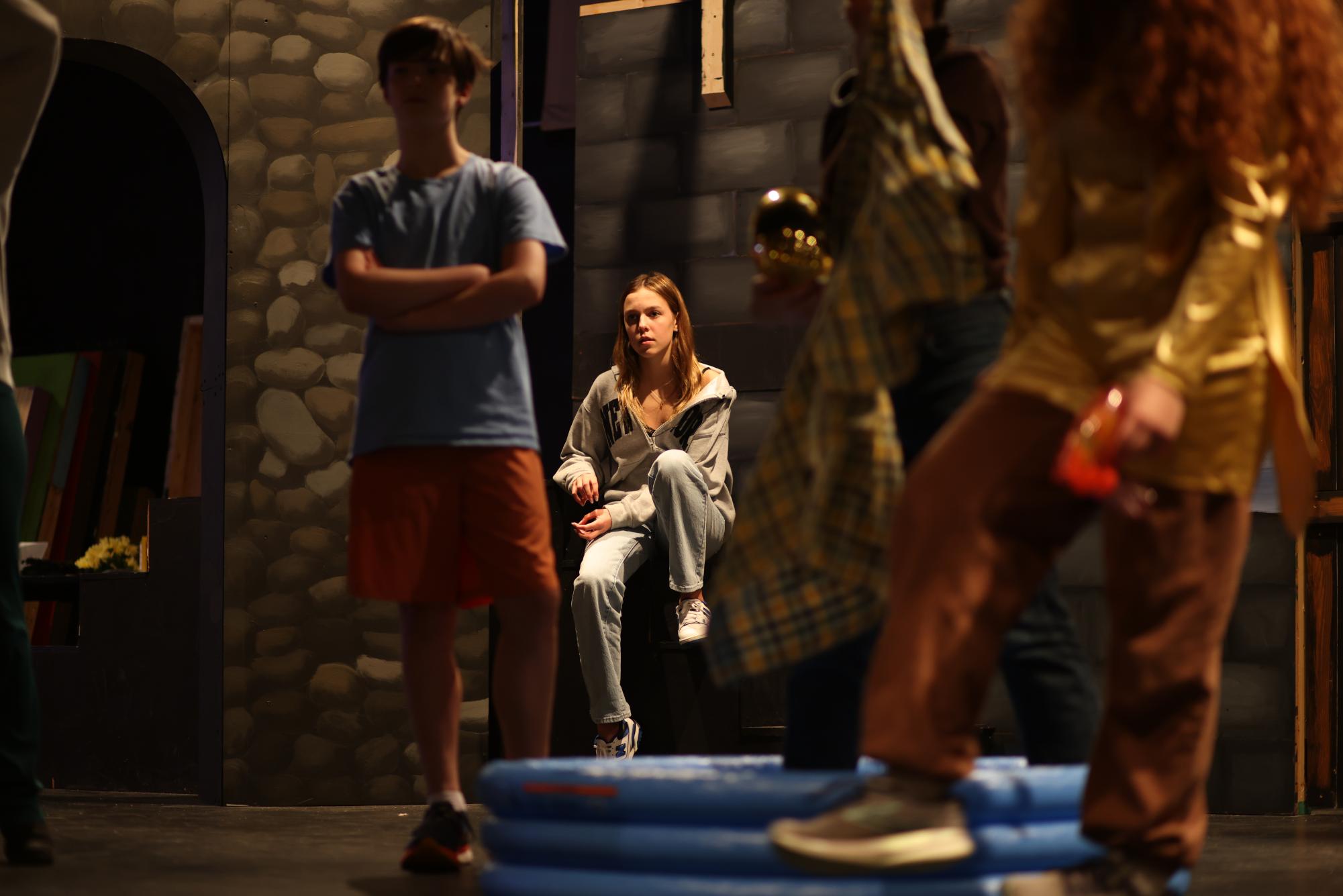
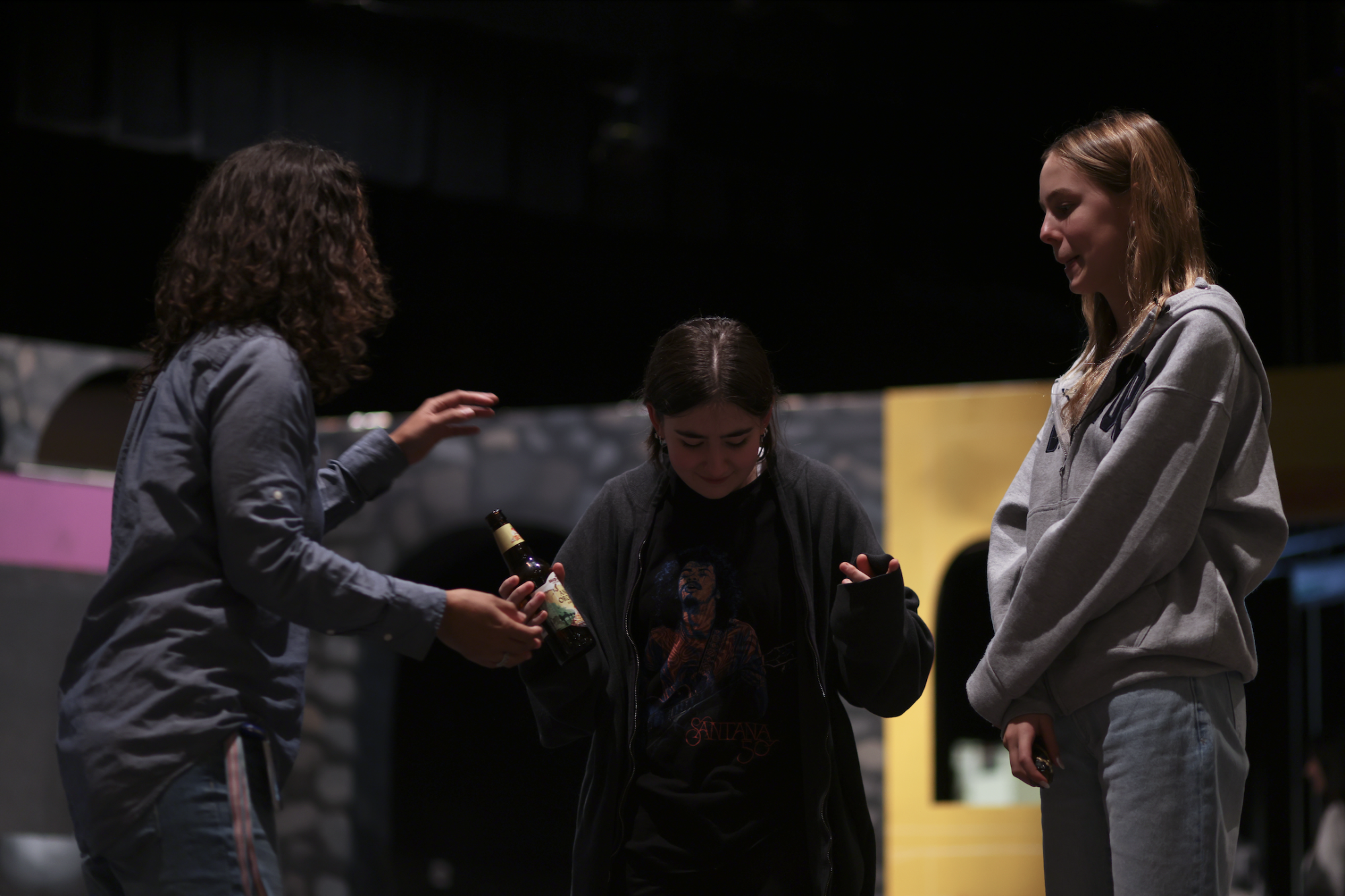
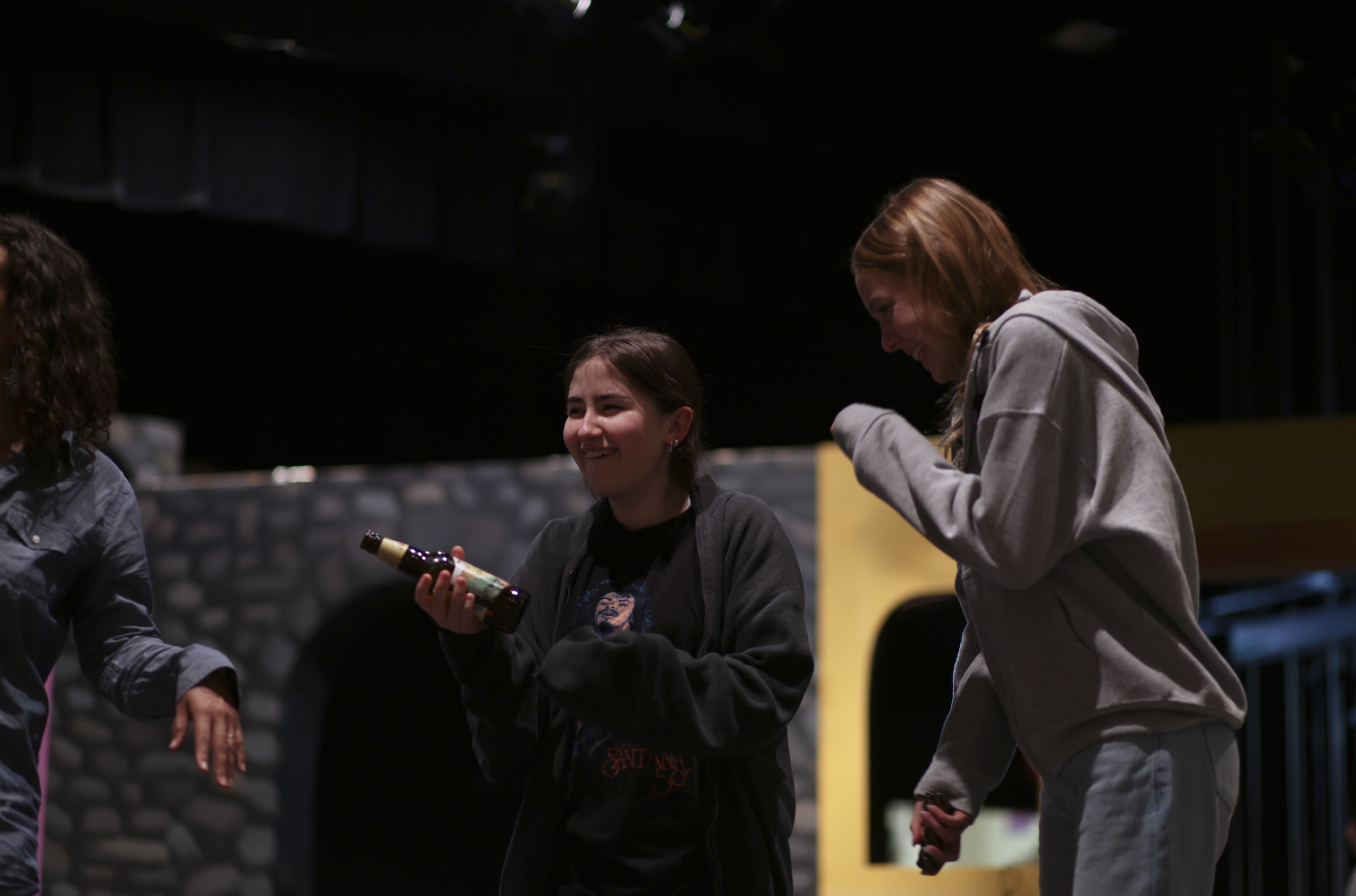
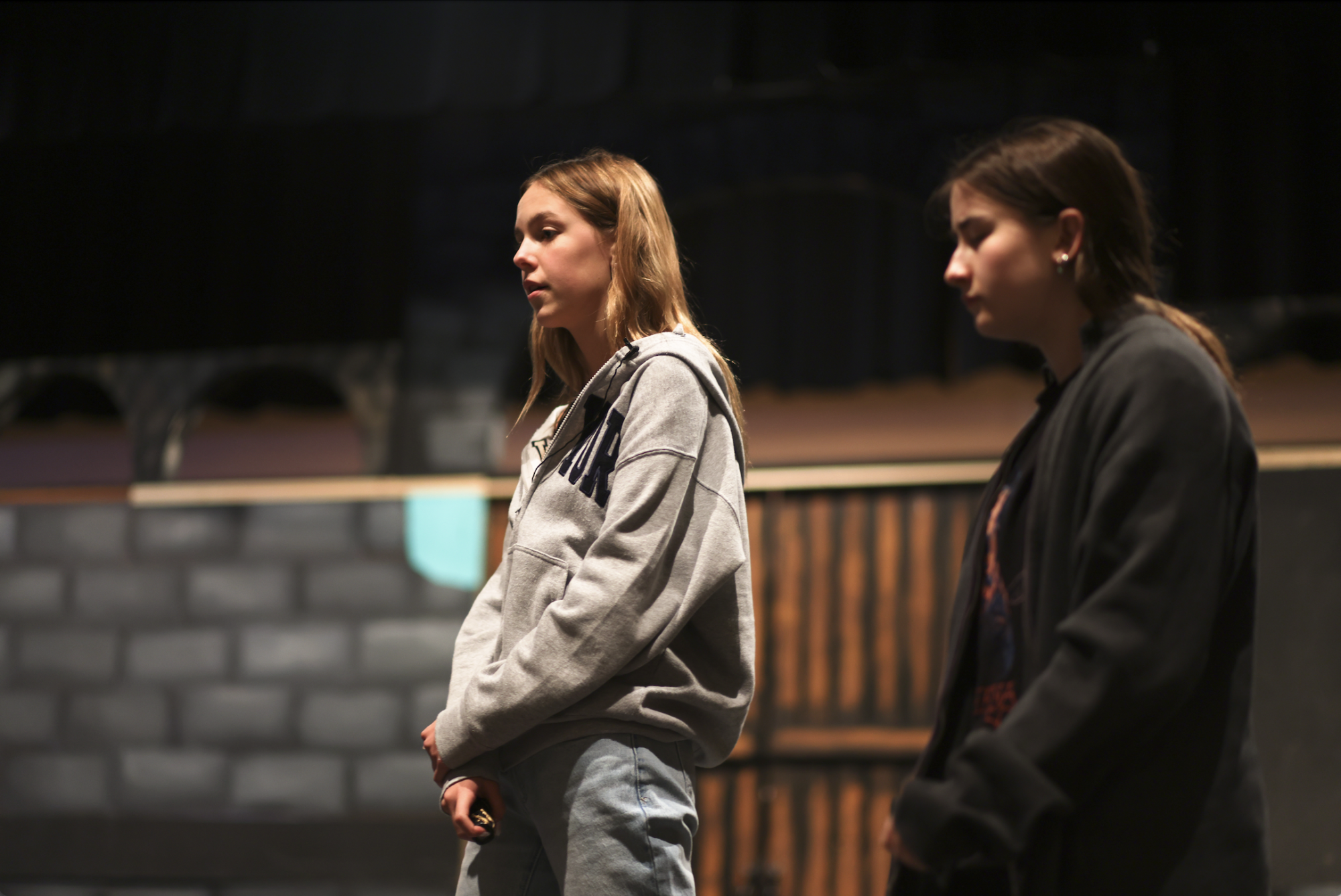
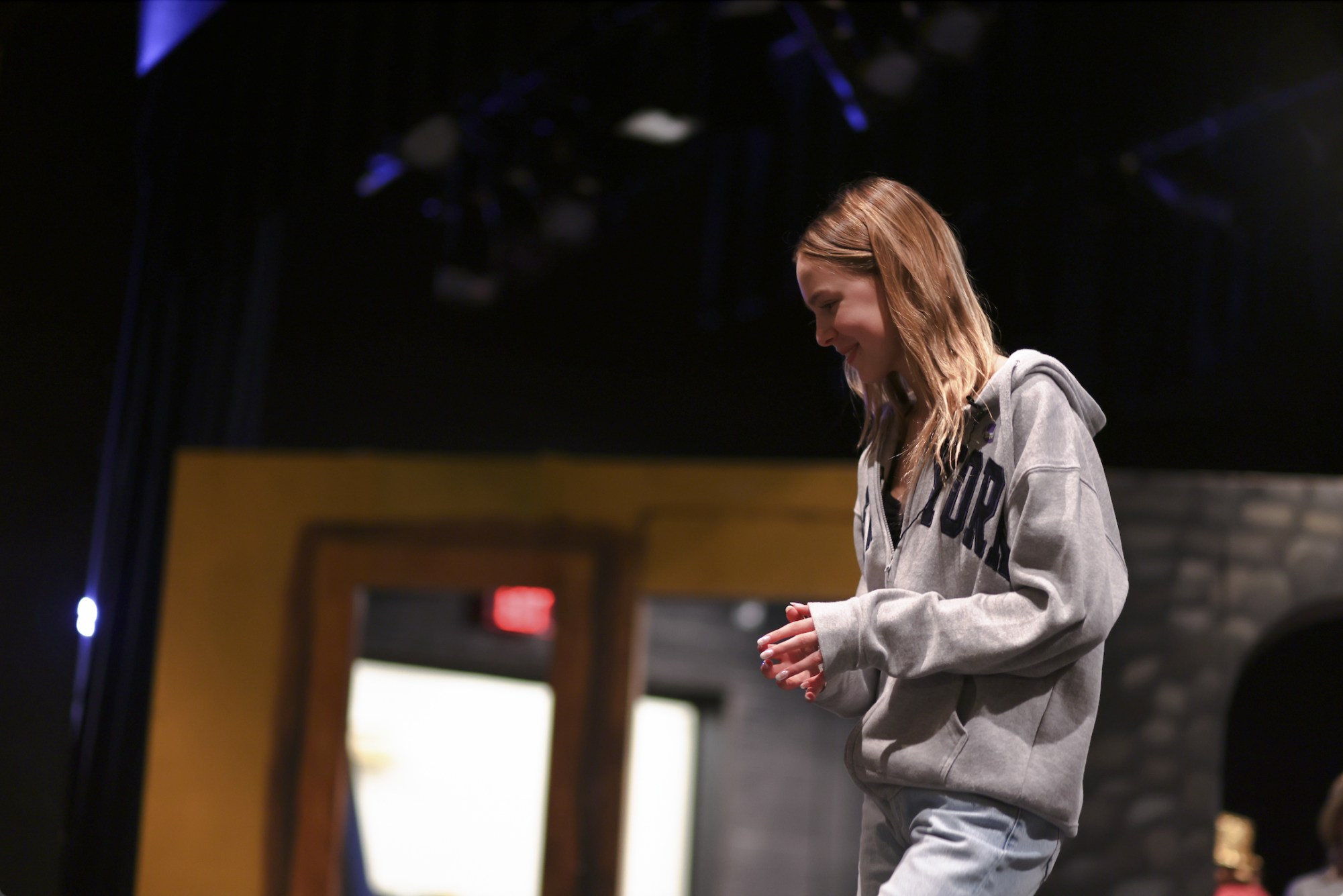
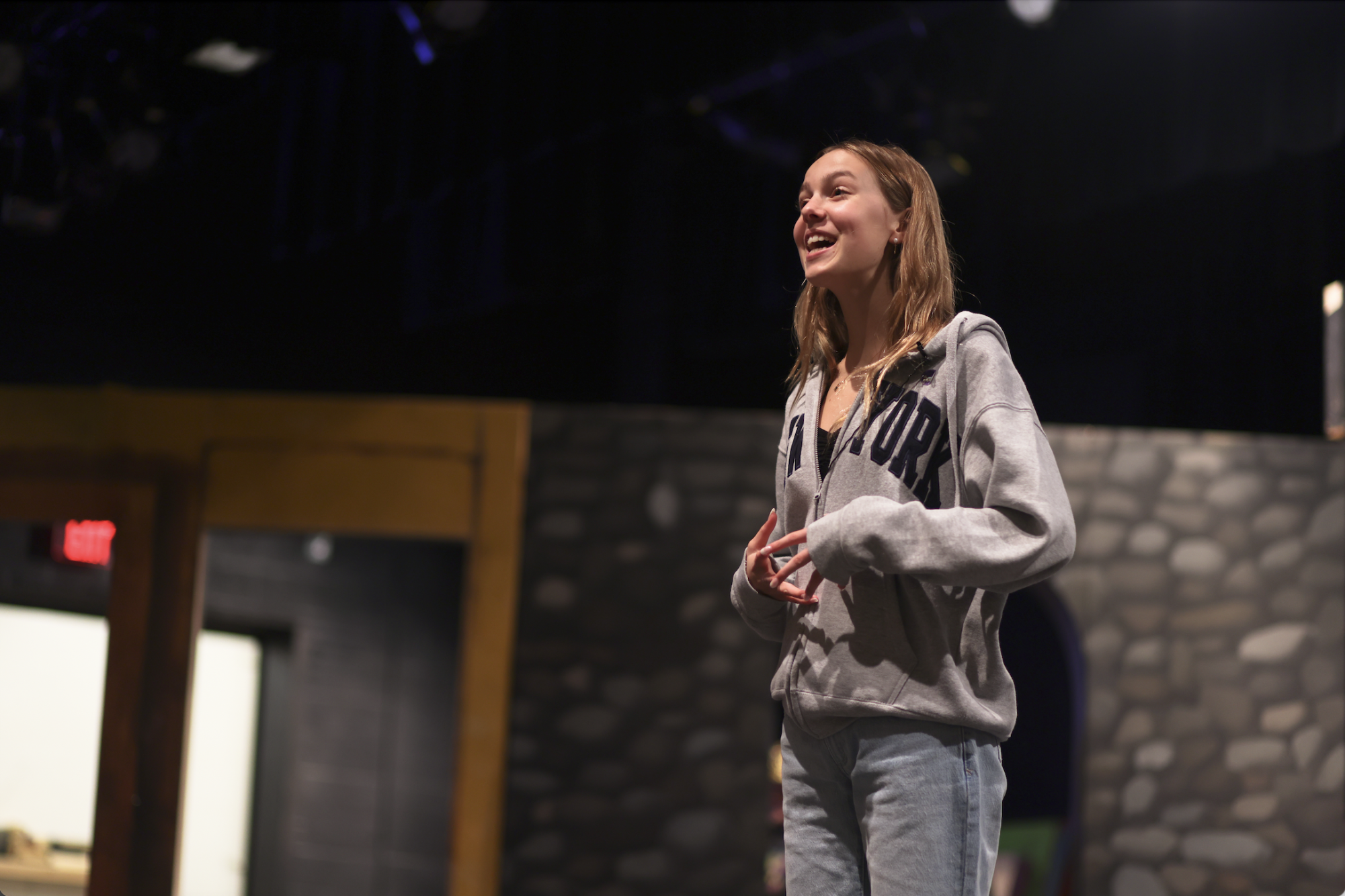
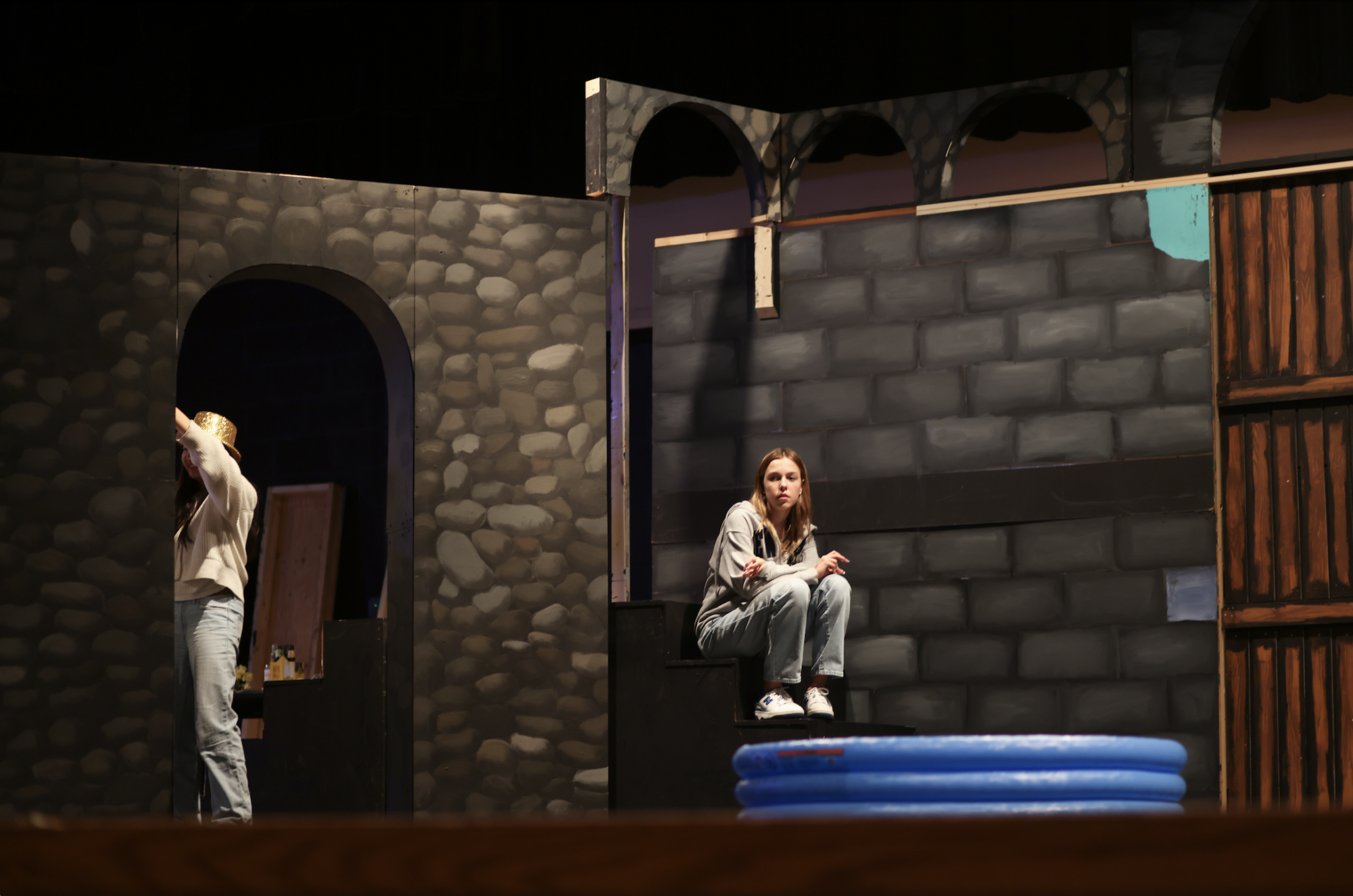
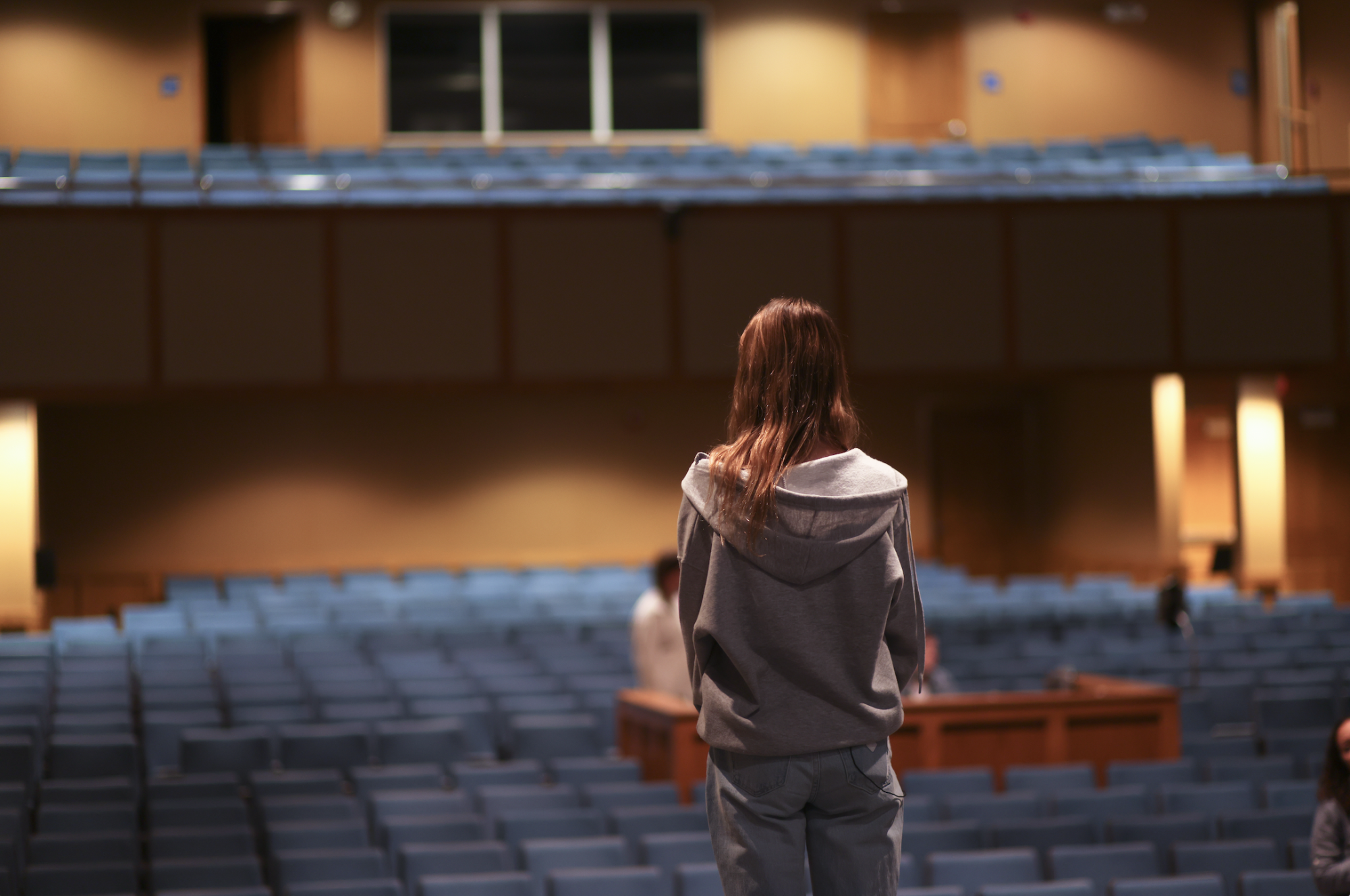
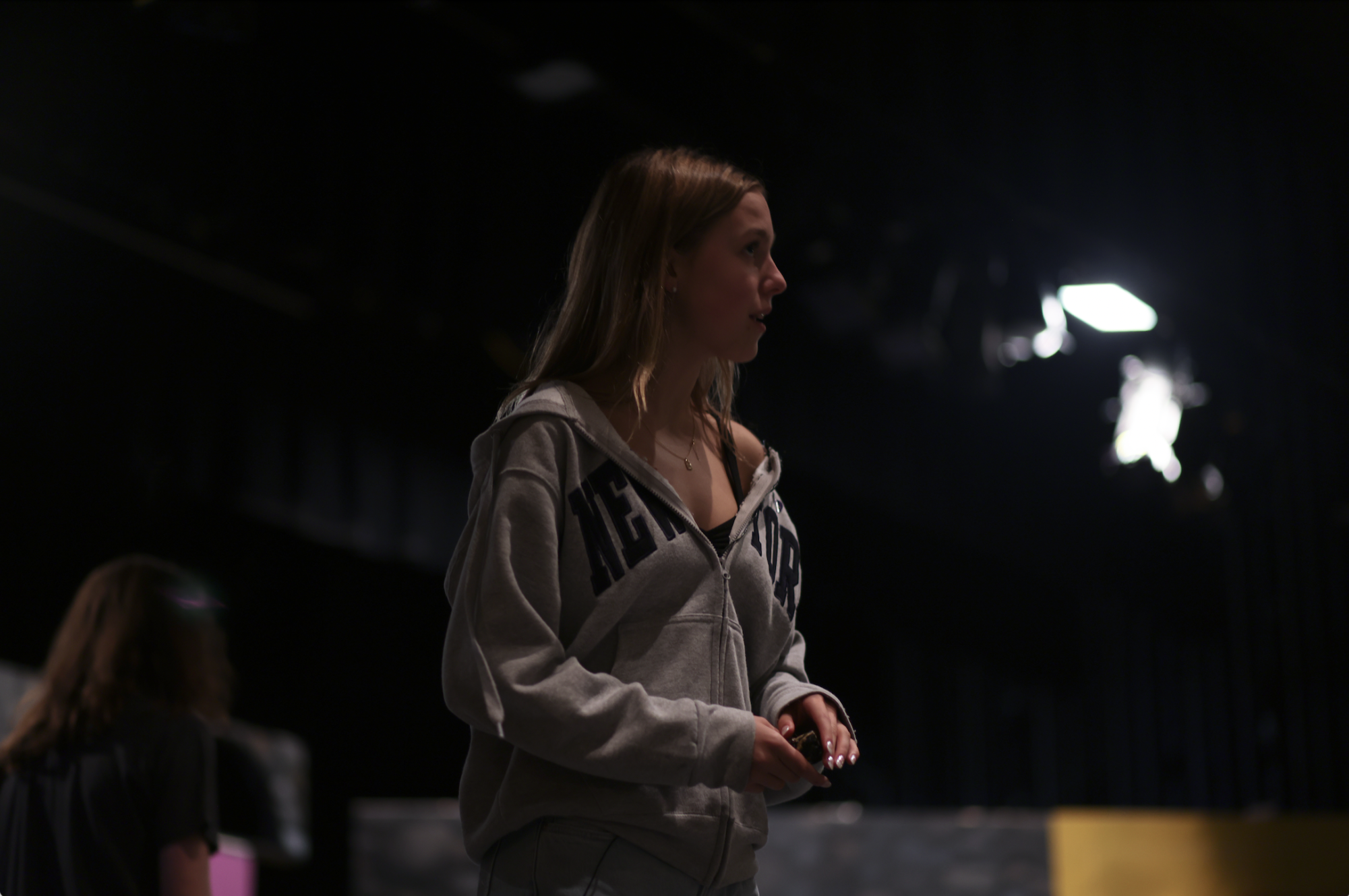
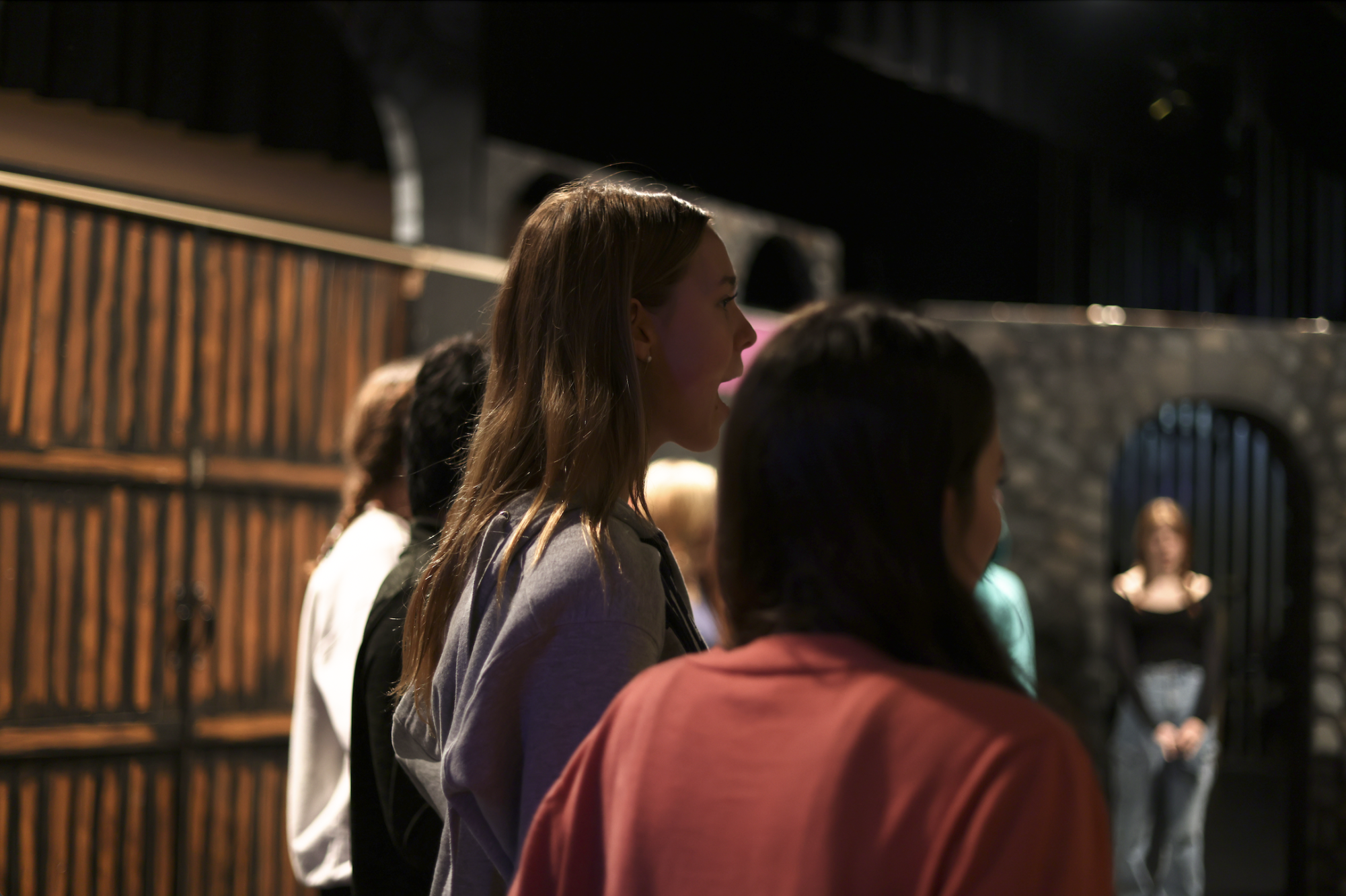
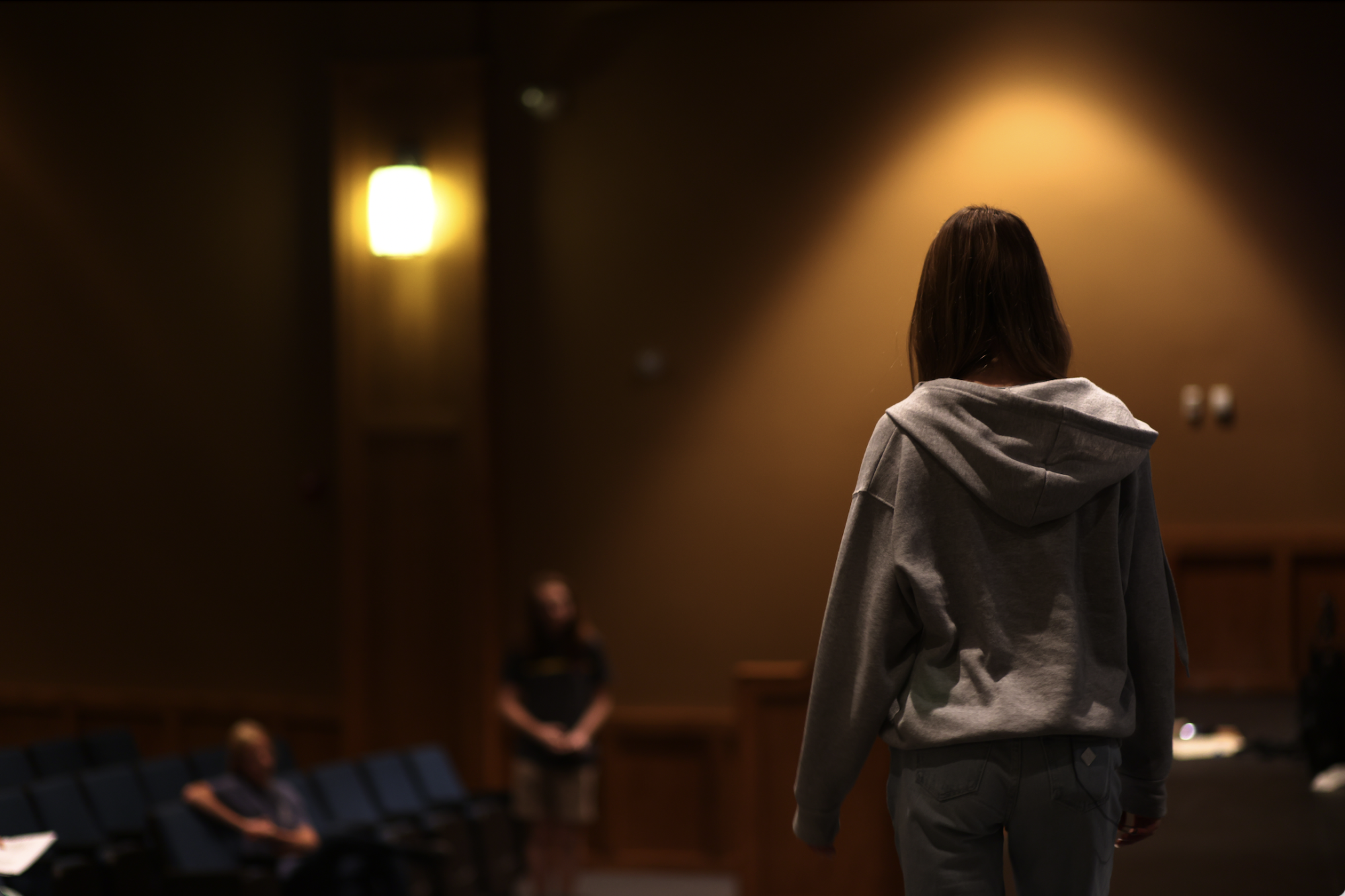
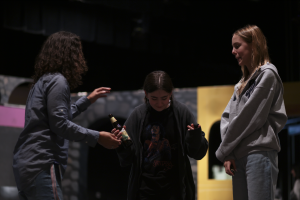
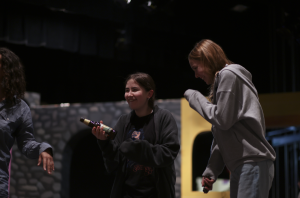
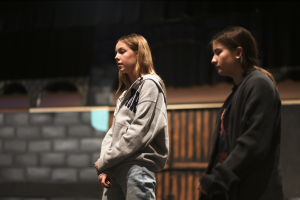
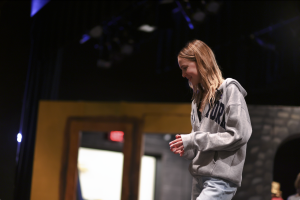
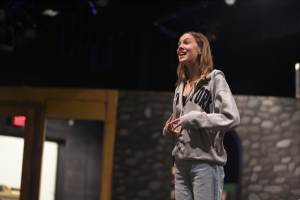
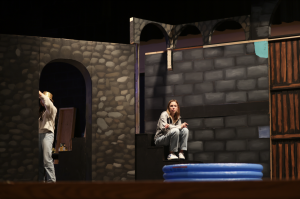
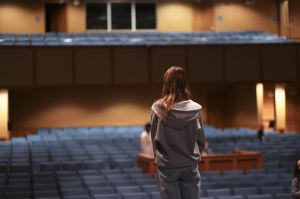
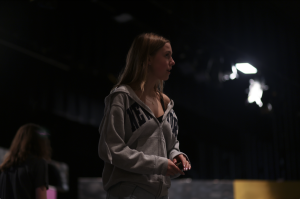
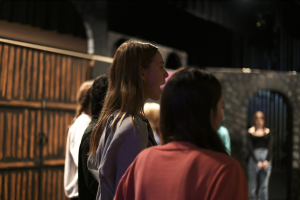
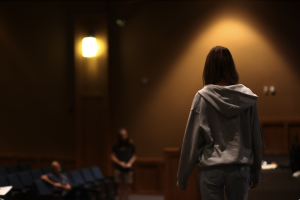


![School resource officer Rick Ramirez sits in his office. He usually spends little time in his office throughout his day of work, focusing on other issues. “Where our students are, I try to be,” Ramirez said. “Sometimes I get off at 2:45 p.m. when nothing’s going on, or sometimes I get off at 10 p.m. [Those are] my hours.”](https://laduepublications.com/wp-content/uploads/2024/12/Hsiao_20241203_ID_RickRamirez_007-799x1200.jpg)
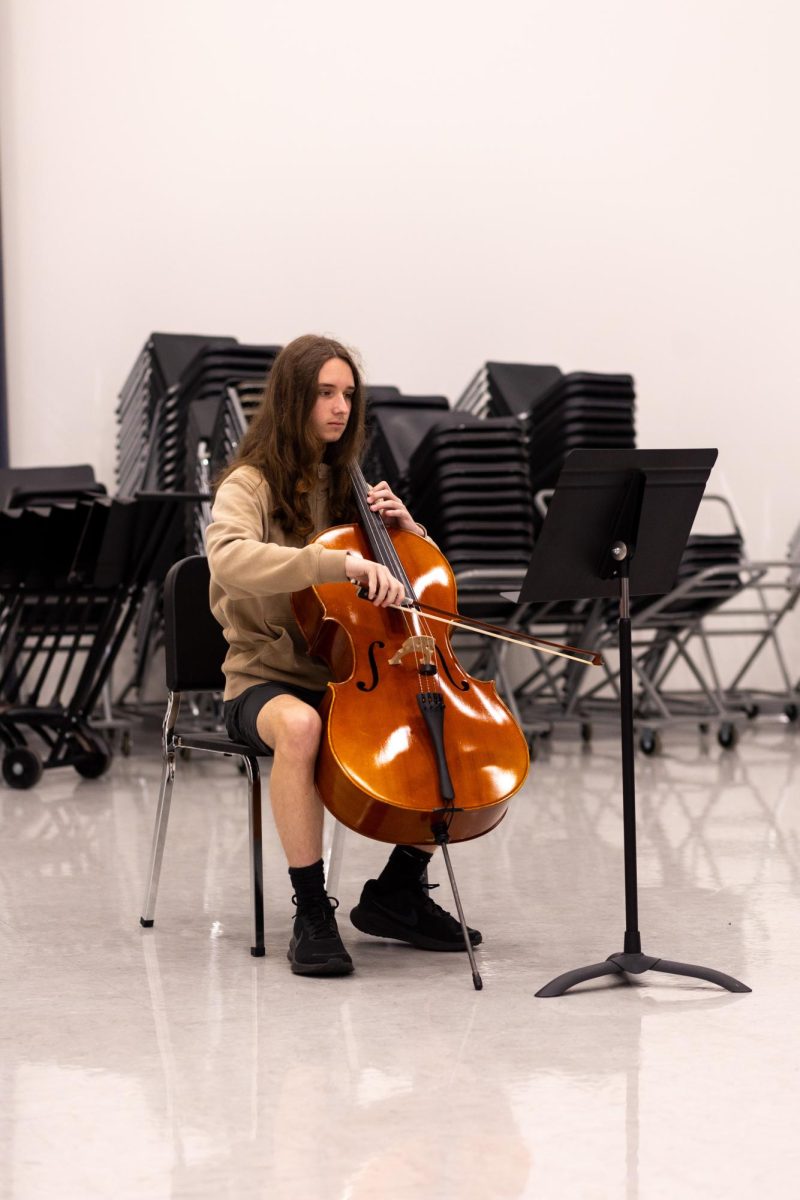
![Reva poses in front of her home and address plaque. After reuniting with her father and grandparents, she has made many new memories and retained her culture. “We have a lot of Indian cooking going on,” Reva said. “I also like telling people about Indian food, mainly because that’s something that really connects me to [Mumbai].”](https://laduepublications.com/wp-content/uploads/2024/12/At-Home-1200x799.jpg)

